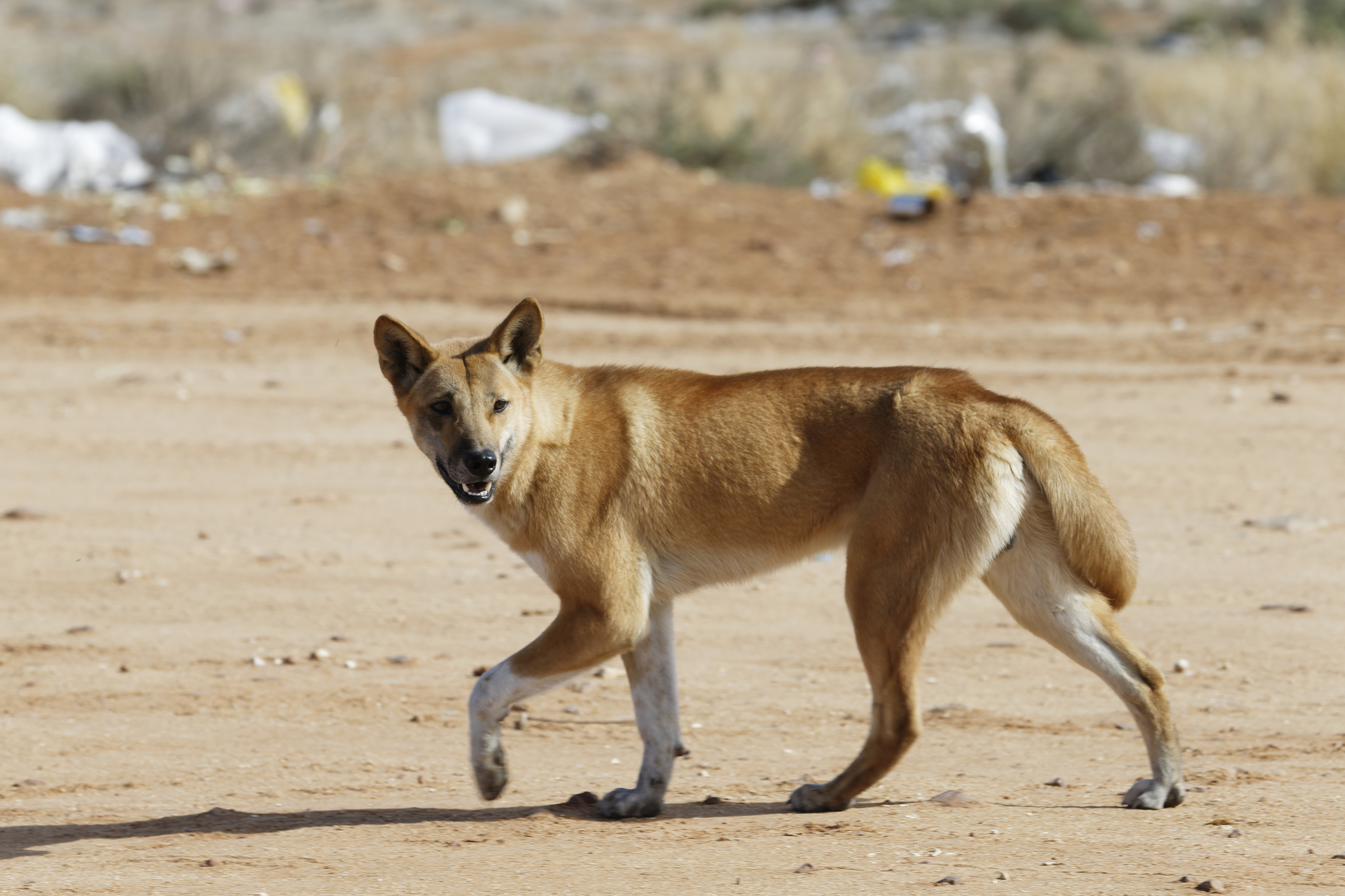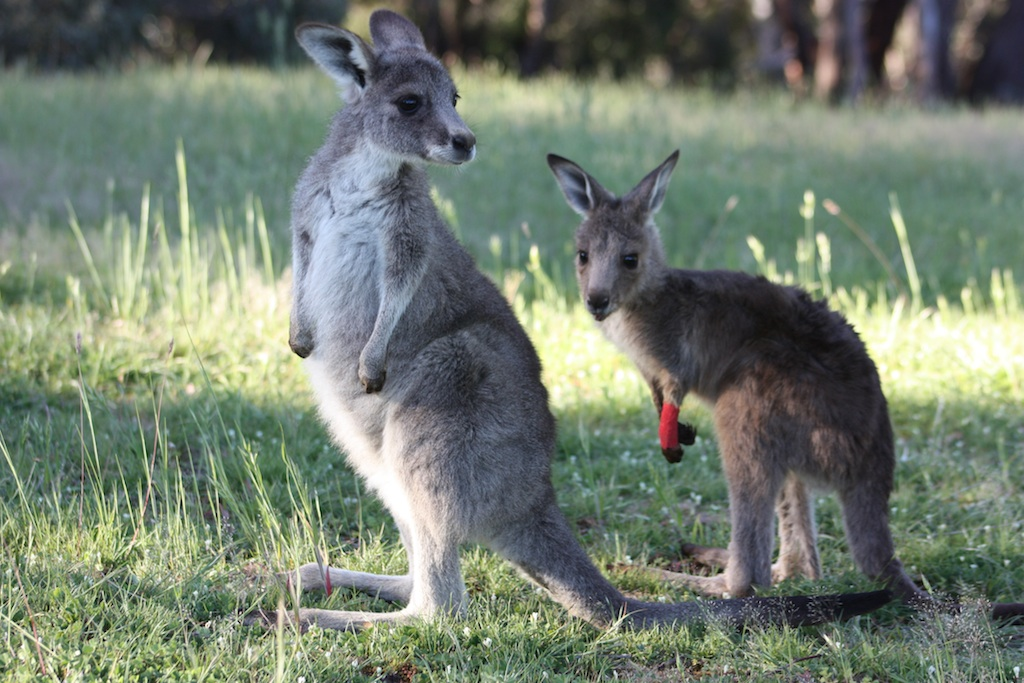Across Australia, dingoes are slowly being recognised for what they are: Australia's local apex predator with deep cultural significance and an important ecological role. Yet in many jurisdictions they continue to be subjected to widespread lethal control through baiting, trapping and shooting, due to policies that still classify them as pests or biosecurity threats. In 2023, Victoria ended...
“Superficially attractive albeit unscientific”
“Out of step with national and international developments”
These were the words chosen by the Administrative Appeals Tribunal (AAT) to describe Queensland’s Shark Control Program (SCP).
Following a protracted period of preparation, expert witness reports, and negotiations, court proceedings for Humane Society International vs. Great Barrier Reef Marine Park Authority and Department of Agriculture and Fisheries (Qld) took place in a Brisbane courtroom this last January.
Humane Society International (HSI) challenged the issuance of a 10-year permit by the Great Barrier Reef Marine Park Authority (GBRMPA), to the Queensland Department of Agriculture and Fisheries (QDAF) to operate lethal drumlines within the boundaries of the Great Barrier Reef Marine Park. Such a permit, that allows the targeted destruction of apex predators, is in direct violation of the most basic tenants upon which the GBRMPA was founded, namely, to protect the ecological viability of the Great Barrier Reef.
Our case against the permit was based on two arguments: 1) that the lethal component of the SCP negatively impacts the reef ecosystem by removing apex predators, and 2) that culling sharks has no impact on the risk of shark bite.
The AAT heard two and a half days of arguments, evidence and expert testimonies over the course of proceedings. Among the courtroom highlights were QDAF’s inability to disprove the danger of trophic cascades (knock-on effects caused by the removal of a link in the food-chain) and a concession by QDAF’s own expert witness that if the lethal component of the SCP was ended, that there would be no increased risk to ocean users.
The Tribunal then used the following two months to deliberate. On the 2nd of April, the AAT announced its decision to rule in favour of HSI and the sharks of the Great Barrier Reef. With regard to the destruction of apex predators, the Tribunal stated:
“We are prepared to accept that without being precise, there is a significant decline in tiger shark population in the marine park area which is multifactorial and that the SCP makes a significant contribution to that decline.”
They went on to address the effectiveness of the SCP to keep ocean users safe:
“The lethal component of the SCP does not reduce the risk of unprovoked shark interactions. The scientific evidence before us is overwhelming in this regard.”
With the decision, the AAT mandated the:
- end of the lethal component of the SCP;
- dissolution of the target list;
- release of caught animals within 24 hours;
- tagging of all tiger, bull and white sharks caught;
- relocation offshore of tagged sharks;
- trial and implementation of SMART drumlines on a progressive basis as soon as reasonably possible;
- initiation of research into alternative nonlethal shark control measures; and
- initiation of research into the tiger shark population in the GBR.
It was a momentous victory for sharks and the Great Barrier Reef. But unfortunately, the victory was short-lived. Unwilling to adhere to the new prescriptions laid out by the AAT, QDAF soon announced that they would be appealing the decision to the Federal Court of Australia.
The appeal hearing will begin this week on Thursday 15 August at the Federal Court of Australia, Brisbane. The merits of the AAT’s decision cannot be challenged. This appeal is not based on the SCP’s impact on the reef, nor is it based on the SCP’s ability to protect ocean-users. It is only based on legal and jurisdictional technicalities.
No matter the outcome of the appeal, the fact remains: the lethal component of the SCP has a negative impact on the health of the reef, and does not have any impact on the safety of ocean users.
A marine ecologist specialising in conservation, research and outreach, Lawrence has spent years working with wildlife, the ocean and the public to engender sustainable relationships between them. He has worked as a field biologist, environmental consultant, naturalist and project coordinator with a BA from the University of San Diego, and an MSc from James Cook University. Lawrence’s work at HSI is currently focused on shark welfare and protection, specifically in regards to culling and control programs, overexploitation, and international protection.
Image credit: Nicole McLachlan


